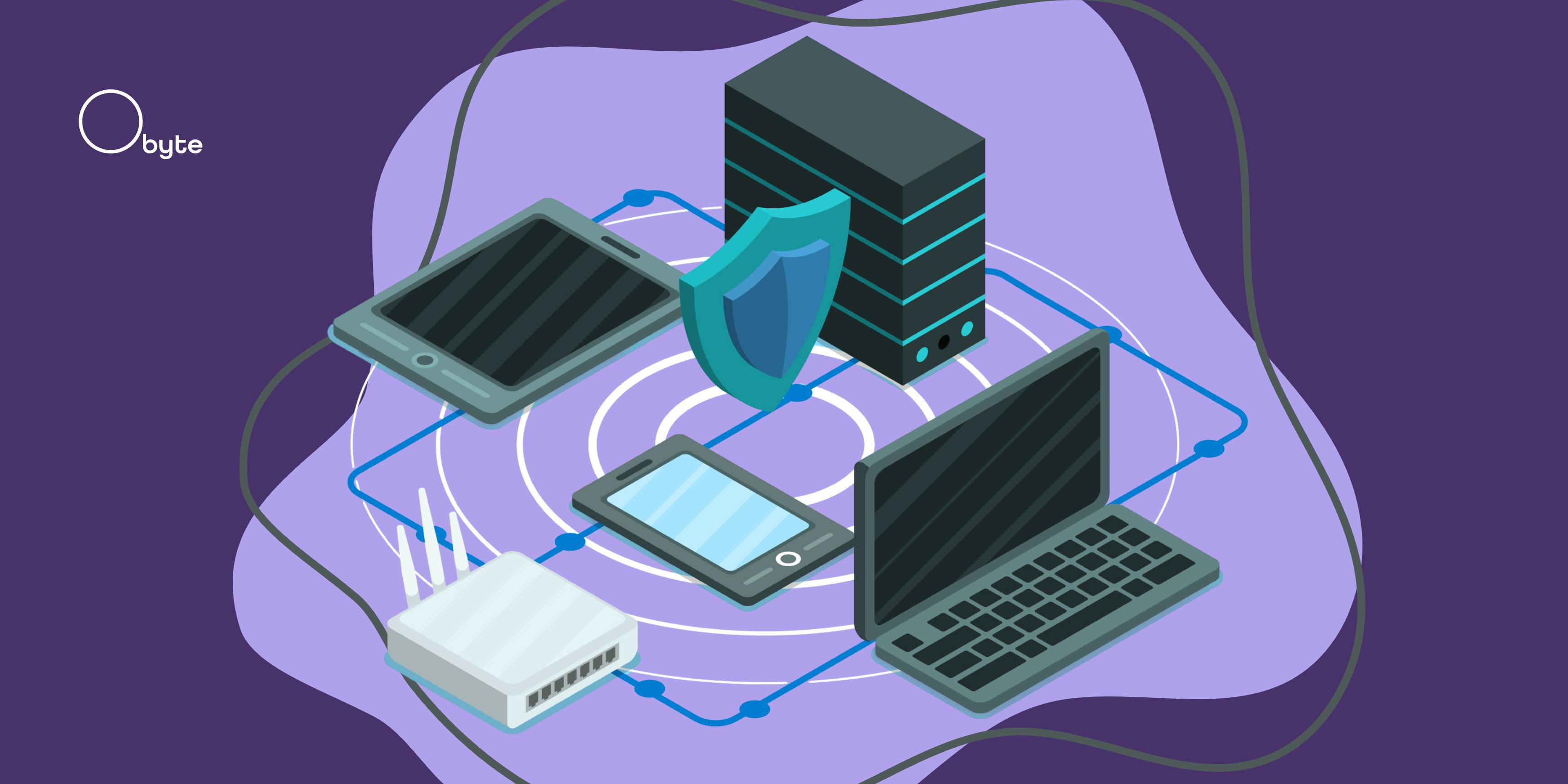
"Understanding the different systems of P2P, distributed, and decentralized networks is essential for knowing data and fund management."
"In decentralized systems, control is not just delegated to many machines from a single central one; it’s shared among equal peers."
"Each participant in a decentralized network helps maintain the system's integrity, which boosts security and minimizes risks from single points of failure."
"A distributed system works cohesively while possibly adhering to a central authority, allowing for resource-sharing across multiple computers."
The article discusses the distinctions between peer-to-peer (P2P), distributed, and decentralized networks. P2P systems involve equal sharing of resources among devices, but can have central oversight. Distributed systems comprise separate computers collaborating as one entity, but may still follow central authority. In contrast, decentralized networks operate without a central command, with each node having equal decision-making power. This decentralization fosters trust without intermediaries, essential in cryptocurrency frameworks. These systems also have political implications due to their foundational impact on data control, security, and user autonomy.
Read at Hackernoon
Unable to calculate read time
Collection
[
|
...
]